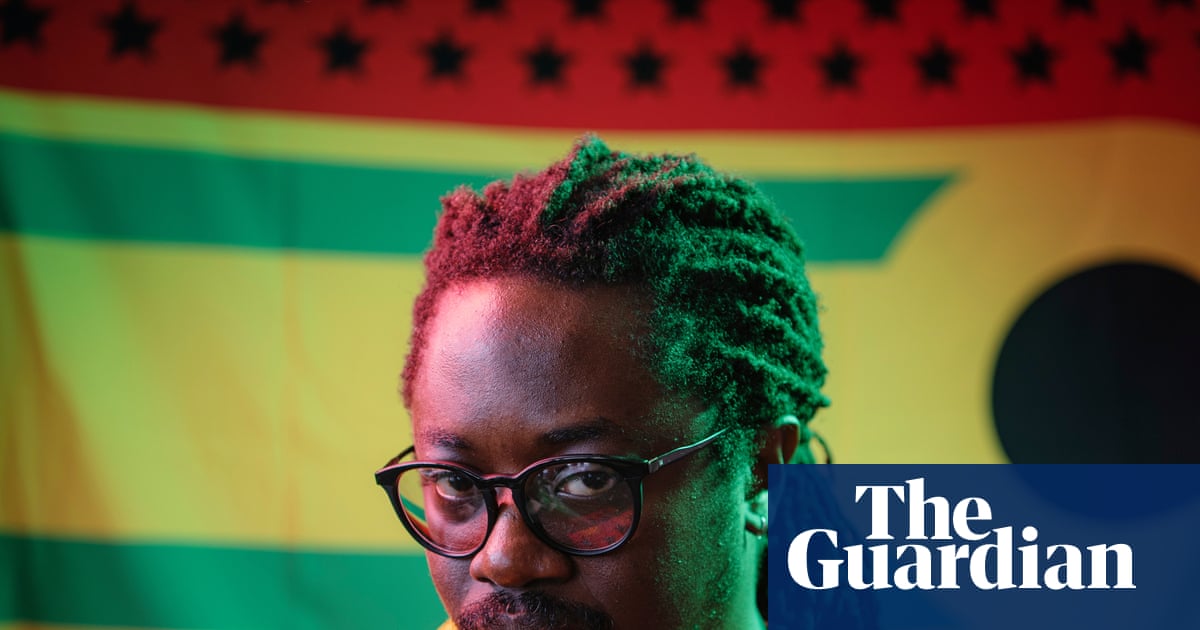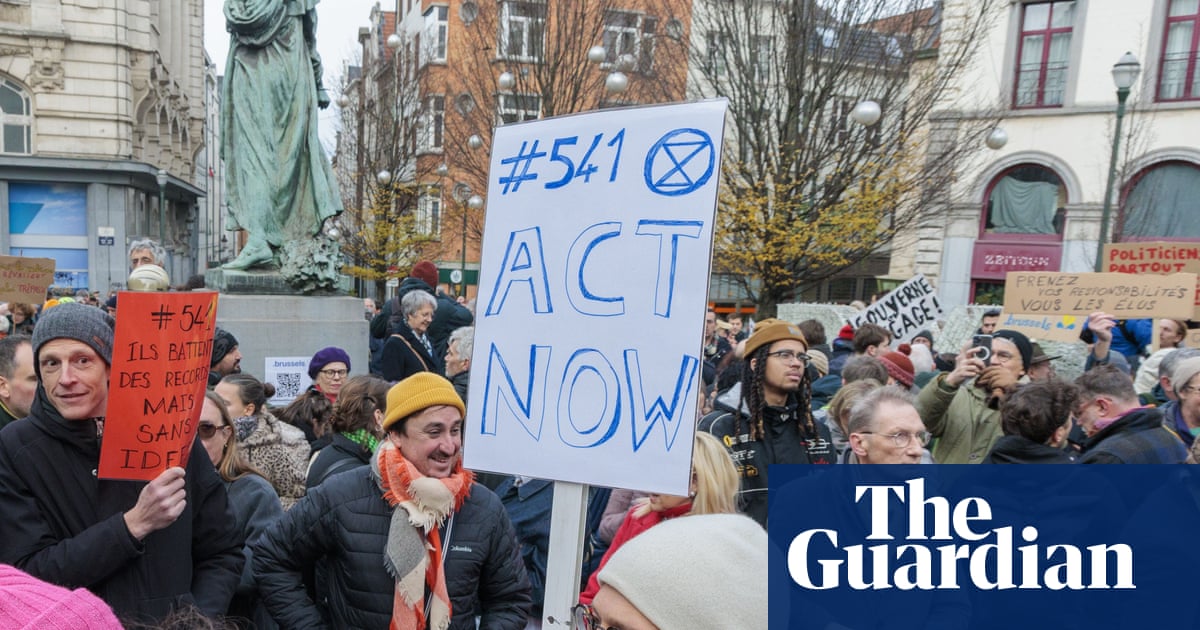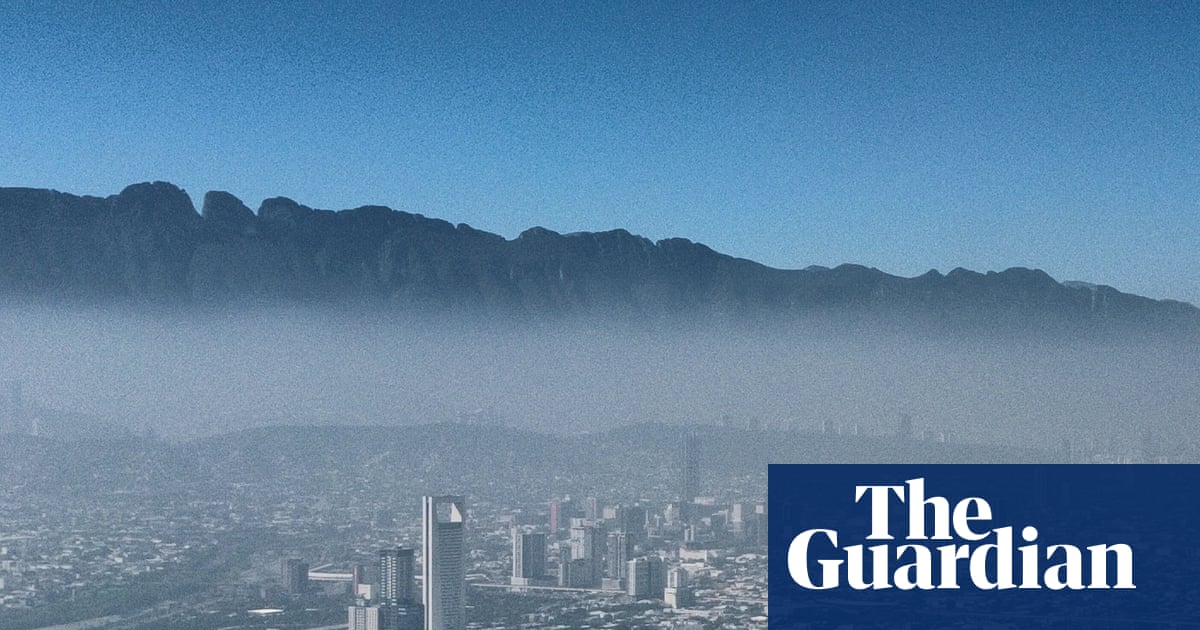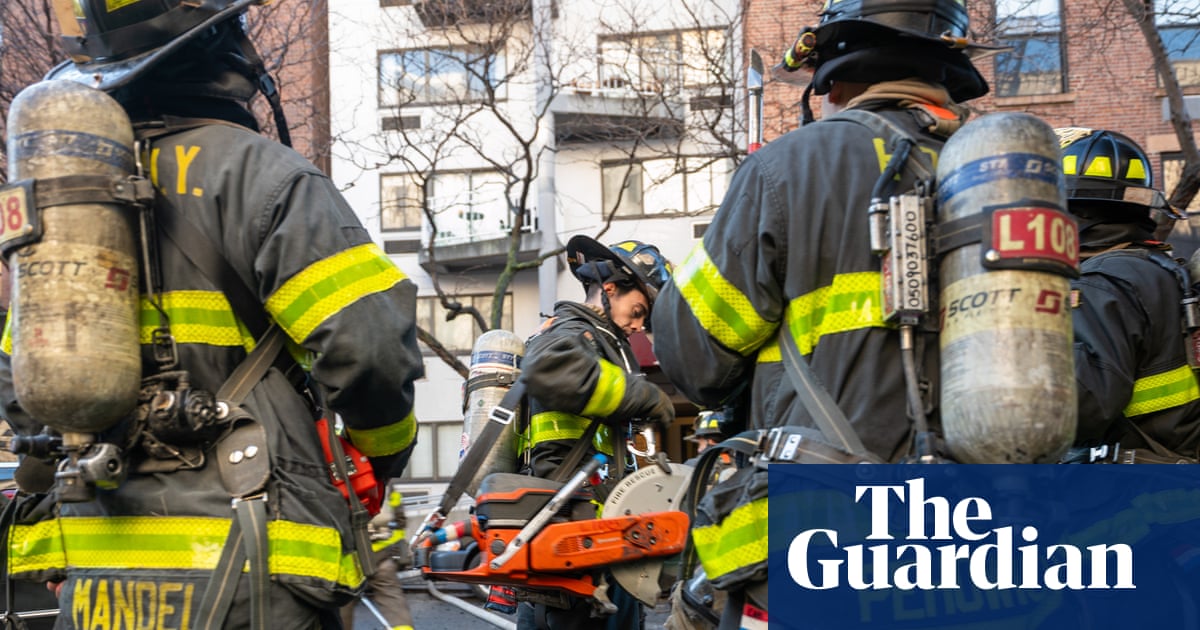Italy’s art squad on Tuesday seized 21 artworks from a major exhibition in Parma dedicated to works by Salvador Dalì on suspicion they were falsely attributed to the Spanish surrealist.
The show, entitled Dalì, Between Art and Myth, had only been open for a few days at Palazzo Tarasconi before police confiscated the allegedly forged works, including drawings, tapestries and engravings.
Doubts over their authenticity emerged in January when officers from the Rome unit of the Carabinieri art squad carried out a routine check of the exhibition when it was hosted at the Museo Storico della Fanteria.
“During the inspection, the kind we generally do at museums, something seemed to be amiss,” Diego Poglio, the senior officer leading the investigation, told the Guardian. “We noticed that only lithographs, posters and drawings by Dalì were on display, along with a few statues and other objects, but no paintings or anything of importance. It was difficult to understand why someone would want to organise an exhibition of such low-value works.”
The squad raised its suspicions with the Gala-Salvador Dalí Foundation, based in Figueres, Catalonia, which revealed it had never been contacted about the exhibition by its organisers.
Poglio said: “We found this absolutely strange, because if you want to organise an exhibition of an artist’s works, especially such an important one, you can’t not go through the foundation which manages the collection.”
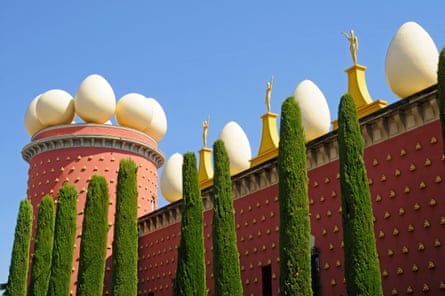
The police sent photographs of the artworks alleged to have been falsely attributed to Dalí, who died in 1989, to the foundation, which agreed that “something didn’t add up” and dispatched a team of experts to Rome.
“They also suspected ambiguities and so Rome prosecutors gave the order for the 21 works to be seized,” said Poglio. “Now we will proceed with the necessary technical and scientific investigations to determine whether the works are authentic or not.”
Poglio emphasised that the investigation was in its preliminary phase and nobody was yet suspected of wrongdoing.
Italy’s art police regularly tackles cases of reproduced works by the world’s famous artists being sold or exhibited.
“We’re seeing a significant presence of fakes in the market, especially in contemporary art,” said Poglio. “It is a global phenomenon.”
In February, police in Rome discovered a clandestine workshop where fakes of paintings by Pablo Picasso and Rembrandt were produced before being sold online.
The discovery came a few months after Italian police dismantled a Europe-wide forgery network suspected of producing replicas of works by artists including Banksy, Picasso, Andy Warhol and Gustav Klimt.
Often the forgeries only come to light when they are displayed at prominent museums.
“Many of those behind the exhibitions act in good faith,” said Poglio. “That being said, we must always be careful – those in charge of the scientific curation must always conduct thorough checks on authenticity before displaying the works.”

 2 months ago
64
2 months ago
64


